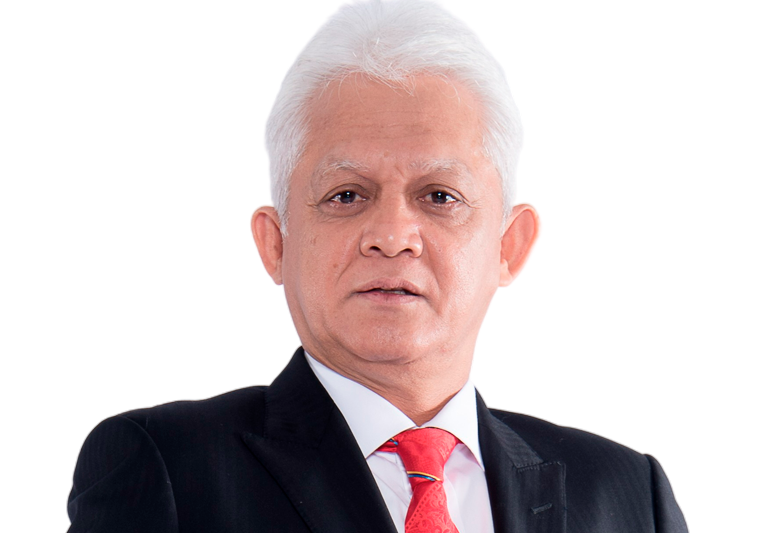KUALA LUMPUR: Malaysia External Trade Development Corporation (Matrade) CEO Datuk Mohd Mustafa Abdul Aziz (pic) said 2022 is a milestone year for Malaysia’s achievement in international trade.
With a comprehensive understanding of how Malaysia’s trade has transformed through time, he said, “We will continue progressing the nation’s economic resiliency.”
In the current context, considering various political and geopolitical situations including market conditions and of course, the pandemic, Mohd Mustafa said, Malaysia is among the world’s top 25 trading nations and ranked in the top 5 for Asean countries.
“As other developing countries become more competitive and Malaysia is no longer seen as a manufacturing hub with inexpensive labour, Malaysia’s trade ranking has undoubtedly declined compared to 20 years ago. Despite this, we have made great strides in our capabilities, making history in 2021 when Malaysia’s trade reached the RM2 trillion mark for the first time, barely a year after the Covid-19 epidemic,” he added
This year, according to the latest figure published by the Department of Statistics of Malaysia, for the period of January to November 2022, Malaysia’s trade expanded by close to 30% to RM2.613 trillion. Within this period, exports increased by 27.2% to reach RM1.42 trillion while imports rose by 33.3% to RM1.193 trillion. Trade surplus edged up by 2.6% to RM227.89 billion.
However, Mohd Mustafa said this is not a reason to rest on our laurels.
“We must continue our concerted efforts to ensure Malaysian MSMEs remain a part of the global supply chain and be prepared for any adverse changes in global economic conditions. Matrade is placing a strong emphasis on high-value industries, developing access into new and emerging markets and creating partnerships that are in line with Matrade’s key pillars – digitalisation, adopting values of sustainability and to be guided by the National Trade Blueprint (NTBp). We should be proud that we have strengths in high-value industries like electrical & electronics, machinery & equipment, aerospace, halal, medical devices, pharmaceuticals, healthcare, construction, chemicals, and energy, to name a few, for a country with only 33 million people,” he added.
Mohd Mustafa said foreign investments in Malaysia played a significant role in the growth of Malaysia’s trade over the last few decades.
“This is still very much the case, but it is also important to highlight that our own MSMEs (micro, small and medium enterprises) contributed 37.4% of Malaysia’s GDP and 11.7% to overall Malaysia’s exports for 2021. Nonetheless, we still need to pursue the goal of a 25% contribution by MSMEs to the nation’s export by 2025 as set under the 12th Malaysia Plan and the National Entrepreneurship Policy,” he added.
Along with the advancement of technology, Mohd Mustafa said, cross-border e-commerce opportunities are also growing. Hence, it is vital for Malaysian MSMEs to adopt digitalisation to be more competitive globally. In 2021, gross value added of e-commerce amounted to RM201.1 billion, an increase of RM37.2 billion from 2021 with a growth of 22.7%.
“In the same vein, we must also recognise our mid-tier companies’ (MTC) significant efforts in contributing 30% of the gross domestic product and 22% of our Malaysian workforce. Despite making up only 1% of businesses in Malaysia, MTCs play an important role in developing a competitive domestic supply chain, where 75% or more than 7,000 SMEs are involved in the MTCs’ export supply chain,” said Mohd Mustafa.









